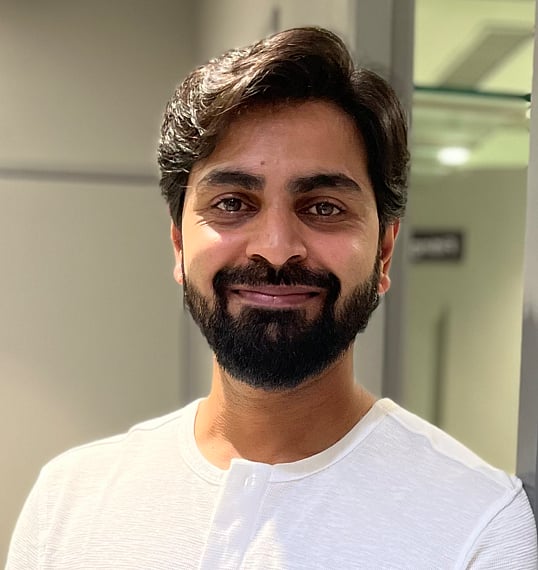
A day after Chief Minister Basavaraj Bommai said he had asked officials to expand the investigation into the voter data theft scandal, the Election Commission on Monday clarified that the government cannot order a probe into electoral matters.
“In case of any allegation or irregularity in electoral matters, the Election Commission of India is the sole authority to probe into such allegations or irregularities,” Chief Electoral Officer (CEO) Manoj Kumar Meena said in a statement.
“No government can order any probe in such matters,” he said, adding that neither the central government nor the state has any role in the preparation and maintenance of electoral rolls and conduct of elections. He even urged citizens to “ignore” contrary statements.
On Sunday, Bommai said he asked officials to investigate the voter data theft from 2013 when the Congress came to power.
Meena specified that he has ordered a probe into the scandal involving Chilume Trust, a nonprofit accused of impersonating election officials to collect personal information of citizens.
He said FIRs have been registered by the Kadugodi and Halasuru Gate police and “the matter is being investigated”.
The CEO pointed out that the Election Commission is an “independent Constitutional institution”. The preparation, publication and revision of electoral rolls are done by Electoral Registration Officers of assembly constituencies, he said. “The said activities are carried out directly under the superintendence, direction and control of the Election Commission of India,” he said.
Meena also denied claims that minorities were being disenfranchised. “Electoral rolls do not contain any information related to caste or religion of voters. Hence, the question of deletion of names based on caste or community from the electoral rolls does not arise,” he said.
“Names of persons who are dead or have shifted are deleted by following due process of law. Further, possibilities of the existence of multiple names of same persons are identified using software by checking similarities of demographic information and photographs. Such entries are to be verified and confirmed cases of duplicate entries are to be deleted by following due process of law,” Meena explained.
Meena said the draft electoral rolls have been published and he urged citizens to check for their names. Applications for inclusion, correction, deletion of names and change in address can be submitted online and through the Voter Helpline app, he said.

